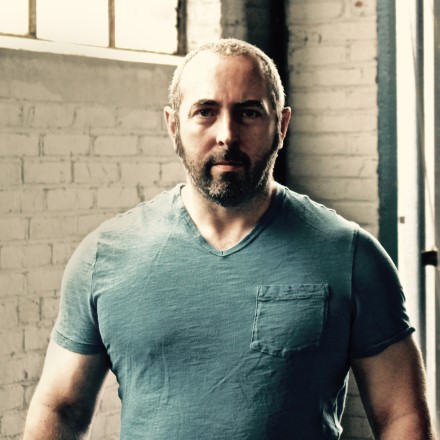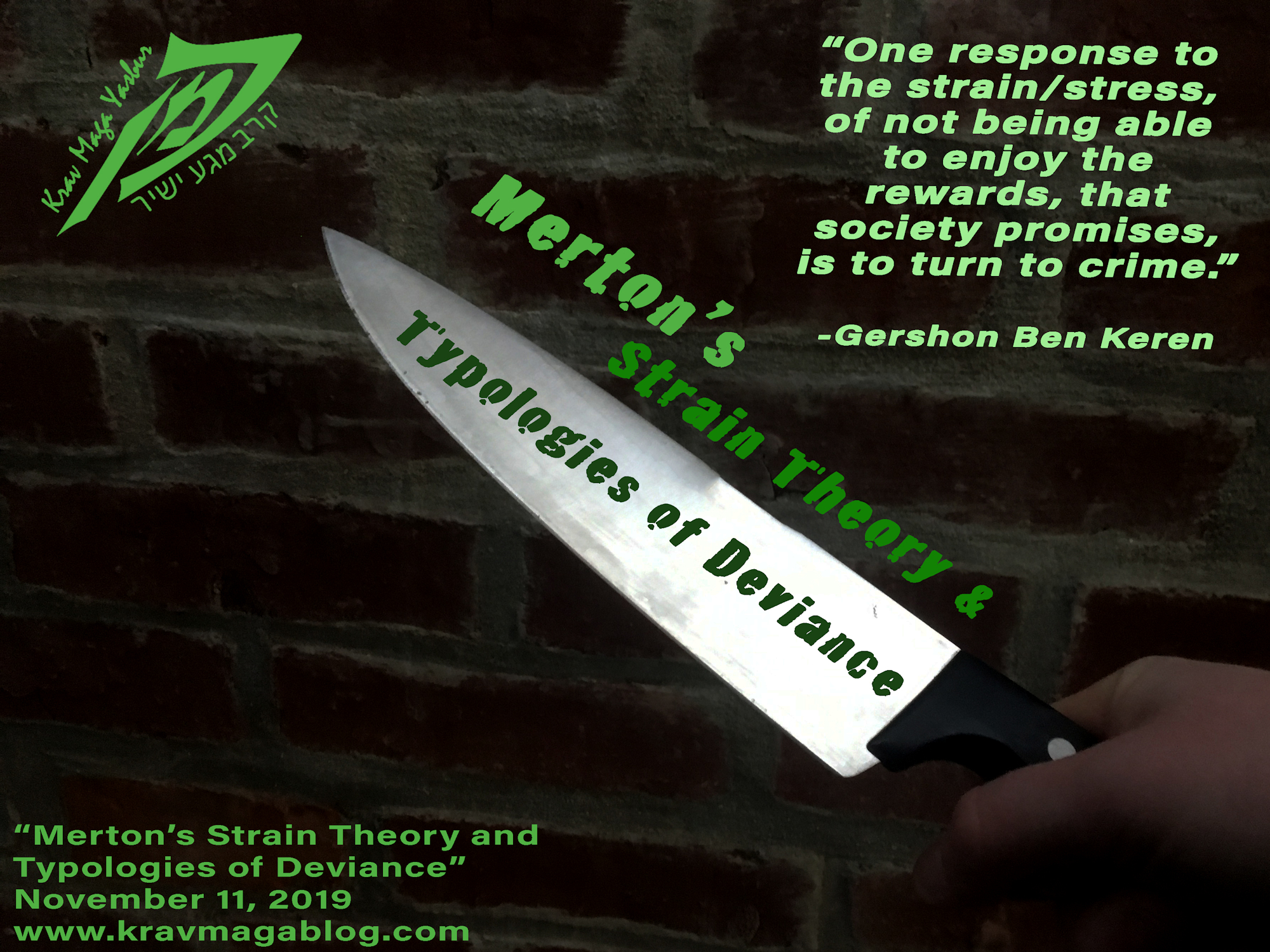No one criminological theory can comprehensively and universally explain all criminal acts. Crime and deviance results from various interactions of psychological and sociological components and factors, and so it would be impossible for one single theory to fully explain why people engage in certain criminal activities e.g. people engage in crime for a variety of different motives, and have certain reasons for choosing to engage in one criminal act rather than another, such as street robberies rather than burglaries; in some cases it may be because they lack the skill and means to break into properties, and in other cases it may be that they want to enjoy the power and control over another person that a mugging affords them. However, crime theories and models are valuable in giving us different perspectives, from which to look at the why’s and how’s of crime and start to understand some of the different and complementary reasons as to the motivations behind certain criminal acts. In the next few articles, I want to look at a few different criminological theories that can better help us understand why people engage in crime – especially violent crimes – and why they choose certain types of offending. In this article I am going to look at Merton’s “Strain Theory”, and his “Typologies of Deviance”, and how an understanding of these can help guide our responses when dealing with certain potentially dangerous individuals and situations.
Merton’s strain theory is basically about goals and means. The backbone of the theory ascertains that Western Industrial societies condition their members to expect and want financial success and material reward (the goal), however the opportunities to obtain these things (the means) aren’t always available to everybody, and are not equally distributed e.g. an individual may not have the educational qualifications that would help get them a well-paying job, which would result in the financial rewards that they desired, because they had to drop out of school to look after their siblings, due to their parents becoming addicted to opioids, etc. Merton postulated that this gap between the expectation of material reward, and the means to achieving it causes strain or stress, and that people respond in a number of ways to this – most people conform, and accept society’s values and rules, whilst others question and ignore them, sometimes creating alternative value systems and structures.
One response to the strain/stress, of not being able to enjoy the rewards, that society promises, is to turn to crime. There are those people who don’t want to be seen as criminals and want to project the image that they are achieving their economic goals through legitimate means, even when this might not be the case, and so they “Innovate”. I remember hearing the account of a mugger who recalled his first offense. He and his girlfriend were living in a run-down apartment, with their baby who at the time was very ill with diarrhea. They had just run through all the diapers/nappies when their electric meter ran out. Left with a sick screaming baby in the dark, and no money to buy medicine, diapers, and charge the meter, etc., he went to the kitchen, found the largest knife he had and committed a street robbery. He stated that he didn’t want to become a criminal – and/or live a criminal lifestyle - but he couldn’t think of any other means of providing for his family (a societal goal) in that moment. It is not only desperation that causes strain, greed and the desire to be seen as successful, can also cause its own stresses. Both Bernie Madoff (who ran a ponzi scheme) and Nick Leeson (who caused the collapse of Barings Bank), were driven by a need to be acknowledged as individuals who had successfully achieved the rewards society promised, but engaged in financially corrupt and illegal schemes in order to present this image of themselves. They fully accepted and embraced the goals that society set out for them, but because they couldn’t achieve them through legitimate means - which caused stress/strain - engaged in criminal activities to do so.
Some people will respond to strain with “Ritualism”. An individual might decide that they don’t want to achieve the goals that society lays out, and so “drop out”, rejecting rather than accepting them. Rather than getting a 9-to-5 job, earning enough to get a deposit on a house, and working extra hours to get a promotion, etc., some people will decide that they would rather search out experiences, and so go travelling round the world, taking casual jobs, to fund their lifestyle. They accept the legitimate “means” of earning a living but have not bought into the goals of society. Whilst they aren’t engaged in criminal activities, there may be some sections of society who label and see them as deviants, because they don’t accept societal norms – and don’t pay into the system in the same way that those who conform do. Other individuals may, rather than drop out, “Retreat” entirely, rejecting both society’s goals and means; a homeless drug addict, has in all likelihood given up on the “American Dream”, and is purely living to support their habit, rather than attempting to materially better their lot – in many cases they won’t care how they do this, and engage in criminal activities if this allows them to do so.
The 1940’s saw the establishment of several “Outlaw” Biker Gangs on the U.S. West Coast, including the Hells Angels. Many of these were established by immigrants and veterans of World War II, who weren’t satisfied with either the goals or the means of normal society. These individuals weren’t interested in becoming middle class citizens, living in nice neighborhoods with white picket fences, and keeping an eye on how their 401-K, was performing. Instead they set up and established social structures that had their own goals and rewards – these were often militaristic and more rigid and inflexible than conventional society, with harsher punishments for those members who didn’t conform to them. In effect they created an alternative society in “Rebellion” to conventional society, with its own order, structure and hierarchy – and in effect its own criminal justice system. This “Rebellion” was their response to the stress/strain of the American Dream i.e. ignore it and create an alternative.
Although Merton’s Typologies give us a good starting point for understanding the reasons why people engage in offenses, it doesn’t explain why some people choose to innovate and others choose to rebel, etc. Why does one person become a mugger to supplement their income, and another joins an outlaw motorcycle gang and becomes a one-percenter? There are also individuals who don’t fit neatly or cleanly into these typologies – is somebody who joins the Bloods or the Crips, innovating or rebelling? Are they looking to become a member of an alternative society, wanting to be seen/viewed as a criminal, or are they simply doing so for material gain, with the goal of one day becoming “respectable”? The theory is also very much a product of its time, where material/financial success was seen as everybody’s primary goal, and the inability to achieve this was the main cause of stress/strain in an individual’s life - Robert Agnew later built on this, recognizing that different people had different stressors that may be more influential in their decision making, than purely being frustrated by not achieving material gain.
From a practical/security standpoint, the more we can understand the motivations of criminals the better we can tailor our responses to them e.g. if we can recognize that somebody is “innovating” when they engage with us demanding our wallet, as opposed to doing so as an act of rebellion, we can decide whether we should acquiesce or physically act pre-emptively, etc. Is the act of robbery simply that, or is it part of a gang initiation, that will see us cut, shot, hurt in the process? The better we can understand an offender’s path/route to crime, the more effectively we will be able to deal with them. Next week, I will look at Criminologist, Lonnie Athens’, process of “Violentization”.
Share:

Gershon Ben Keren
2.8K FollowersGershon Ben Keren, is a criminologist, security consultant and Krav Maga Instructor (5th Degree Black Belt) who completed his instructor training in Israel. He has written three books on Krav Maga and was a 2010 inductee into the Museum of Israeli Martial Arts.
Click here to learn more.

